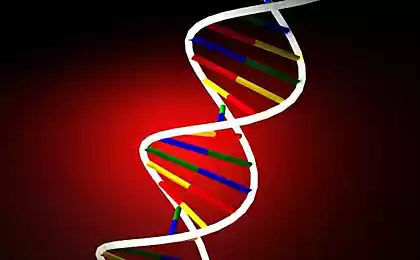423
Schizophrenia is not a specific disease but multiple genetically distinct disorders

Scientists from Saint Louis University report that schizophrenia is not a specific disease but a group of eight genetically distinct disorders, each with its own set of symptoms. This scientific discovery may become the first step towards improving the diagnosis and treatment of mental illness.
About 80 percent risk of schizophrenia is inherited, but scientists have tried to identify specific genes for these conditions. In the new study, analyzing genetic influences on more than 4,000 people with schizophrenia, the group identified different gene clusters that contribute to eight different classes of schizophrenia.
According to Robert Cloninger: "Genes don't operate by themselves. They function together as well as the orchestra, and understanding how they work, you can learn not only who is a member of the orchestra, but also how they interact".
Scientists determined that although individual genes have weak and inconsistent associations with schizophrenia, groups of interacting gene clusters create an extremely high and consistent risk of illness, about 70-100 percent. For people with such genetic variations it makes it almost impossible to avoid this disease. Overall, the researchers identified 42 cluster genetic variations that dramatically increase the risk of developing schizophrenia.
Psychiatrist Dragan Svrakic: "In the past, scientists had searched for associations between individual genes and schizophrenia. Not enough the idea that these genes don't act independently. They work together to disrupt the structure and function of the brain, and this leads to disease." The research team was able to organize the genetic variations in groups, so they can see how certain clusters of DNA variations act together to cause specific types of symptoms.
Then they divided patients depending on the type and severity of symptoms. The results showed that the symptoms profiles describe eight qualitatively different disorders based on underlying genetic conditions.
Cloninger added that the new approach can be used in the squeak of the causes of other complex disorders, "People were looking at genes to better cope with heart disease, hypertension and diabetes, and it was a real disappointment. A large part of the variability in disease severity was not explained, but we were able to find that different sets of genetic variations lead to different clinical syndromes. So I think this could really change the way people approach understanding the causes of complex diseases."
Source: nauka24news.ru/























